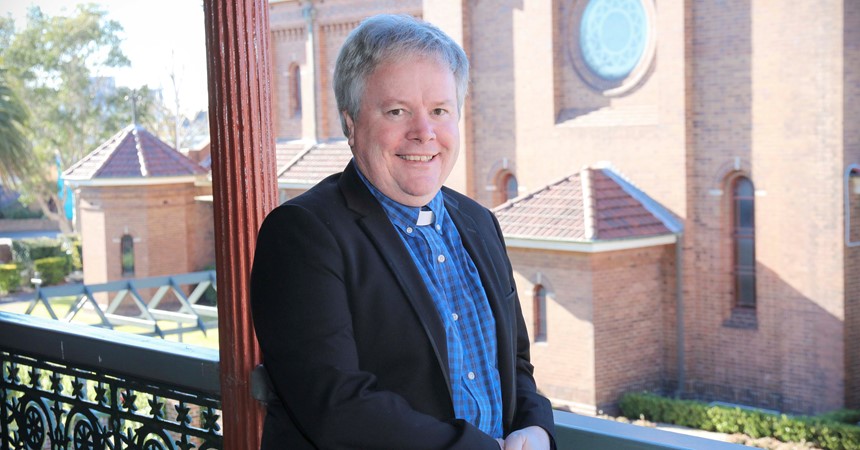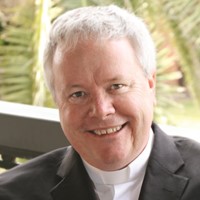I am aware that a number of other members of the Diocesan Leadership Team will also be reflecting on this initiative in this publication, for in truth it consumed most of 2017 and early 2018. Thus I wish to limit my reflections to the following areas.
I believe it is important to have some understanding of why such a change was needed. There were a number of factors.
In more recent years both the State and Federal governments have been changing many laws. These changes have seen the level of accountability increase and, of course, has led to an increasing amount of recourses needed for both the resulting paperwork and time that is associated with such compliance. The process for inducting
volunteers into parishes and other parts of our church is but one example. How do we ensure that we are compliant with government legislation?
Another motivator for the reformation was the fact that over the last 30 years or so, the staff in the central office had grown from a couple of dozen to a couple of hundred. In general terms, this growth was a response to a need and no overall diocesan plan was in place to manage and direct this growth. All of these individuals were doing a good job, but duplication, gaps and lack of unity in direction were all becoming factors impacting on our effectiveness as an organisation.
While these reasons are practical worldly reasons, we exist as a Church for another reason: so you must go and make disciples of all nations. Baptize them in the name of the Father and of the Son and of the Holy Spirit. Teach them to obey everything I have commanded you (Matthew 28.19-20). This is our primary task. While our central office (Diocesan Curia) fulfils an important function for us in the modern world, it is generally not the place where this Great Commission from Jesus occurs. Our central office exists to support, empower and guard those within our church that are engaged in this One Mission given to us by Jesus.
That being said we have a choice as to how we work and operate as a central office. While we can take best corporate practice and apply this to the way we structure ourselves, St Paul would put it in different words: … suppose the foot says, “I am not a hand. So I don’t belong to the body.” By saying this, it cannot stop being part of the body. And suppose the ear says, “I am not an eye. So I don’t belong to the body.” By saying this, it cannot stop being part of the body. If the whole body were an eye, how could it hear? … (1 Corinthians 12:1227). We as Church are One Body made up of Many Parts. For the body to work effectively all parts are important and all must work together.
The issues, challenges and questions contained in my brief summary are the topics that the Trustees and Diocesan Leadership Group discussed for some time before recommending to the Bishop that change was needed. Such change impacts on individuals. I wish to thank all those involved and effected for their time, commitment and engagement in the process. Having been through such a restructure in my own working life I can understand the individual impact. I also wish to acknowledge that the change has caused stress and anxiety for some and excitement for others. I look forward to another year of working with you to achieve the One Mission given to us by Jesus.

